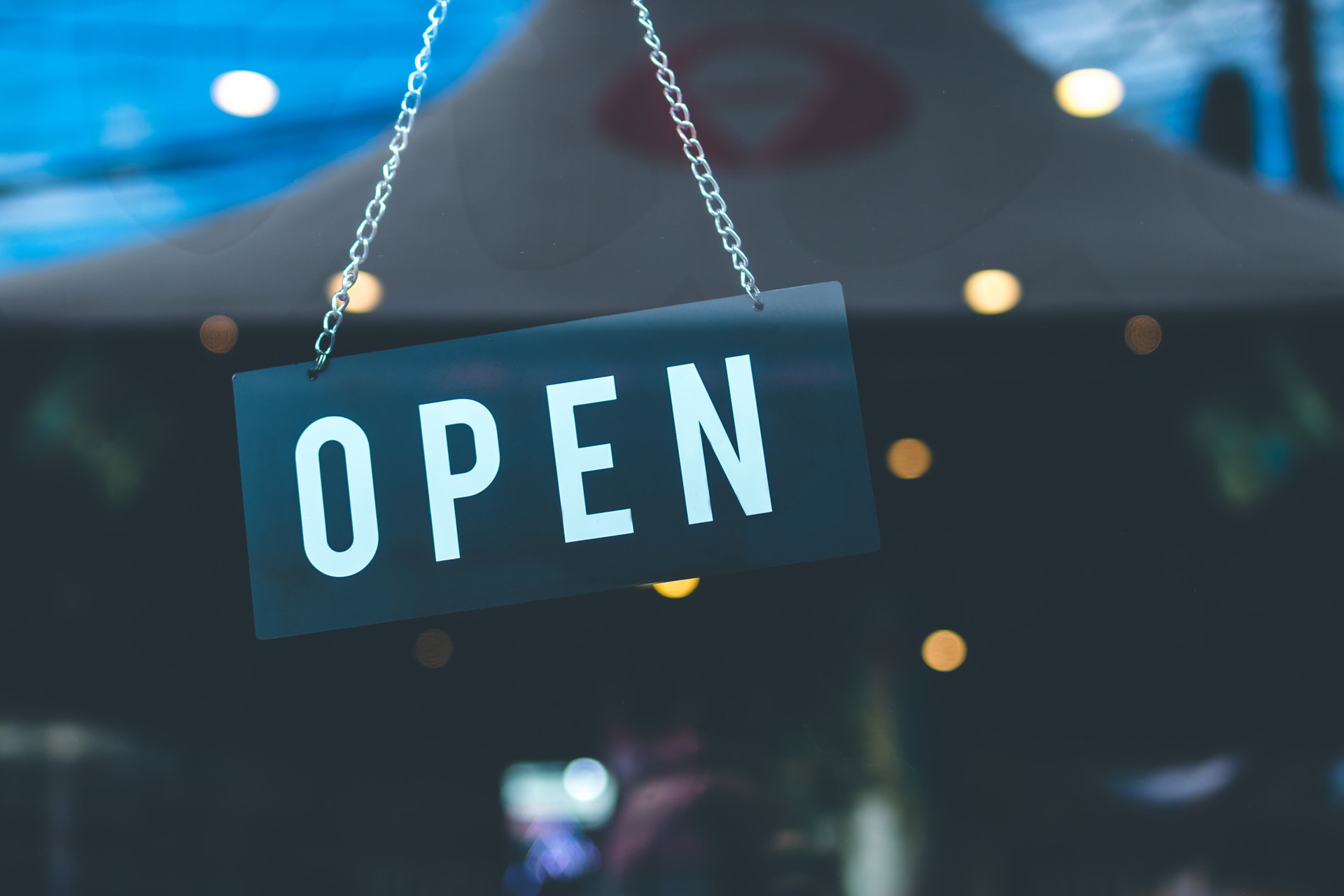
MANILA – It will be harder for businesses to survive and recover if the government will extend stringent community quarantine, European Chamber of Commerce of the Philippines (ECCP) president Nabil Francis said on Thursday.
In a webinar and press conference, Francis said the current modified enhanced community quarantine (MECQ) should be the last and the government should start to ease restrictions.
“No, it cannot happen,” Francis answered when asked if businesses could survive an extended MECQ after August 18.
Metro Manila, Bulacan, Cavite, Laguna, and Rizal reverted to MECQ since August 4.
He said lockdowns are measures to help boost the healthcare capacity of the country while slowing down the spread of the virus.
“Our recommendation would be to ease the restrictions starting from mid-August. Otherwise, the longer we close, the more difficult the recovery is going to be,” Francis said, adding the Philippines has the longest and hardest lockdown.
The ECCP released during the webinar the results of its survey on impacts of Covid-19 on European businesses in the Philippines, wherein 56.6 percent of the respondents said the pandemic has high impact on their businesses.
Majority of the respondents cited that travel restrictions, reduced demand, and business cash flow are among the top concerns for European firms here.
About 75 percent of the respondents also expressed they are dissatisfied over the current measures and economic stimulus efforts of the Philippine government.
European enterprises also called for government support, such as fast-tracking internet and infrastructure improvements, further ease of doing business, as well as providing tax breaks and extending tax filing.
The survey also reported that 57.2 percent of European businesses “put on hold additional investments” and “delay investment decisions or implementation”.
“We might not have seen the worst yet,” Francis said, adding the uncertainties for new projects in the pipeline.
“If you put yourself in the shoes of the investor and you don’t see the light in the tunnel, it’s hard for you to put the money in the economy,” he said.